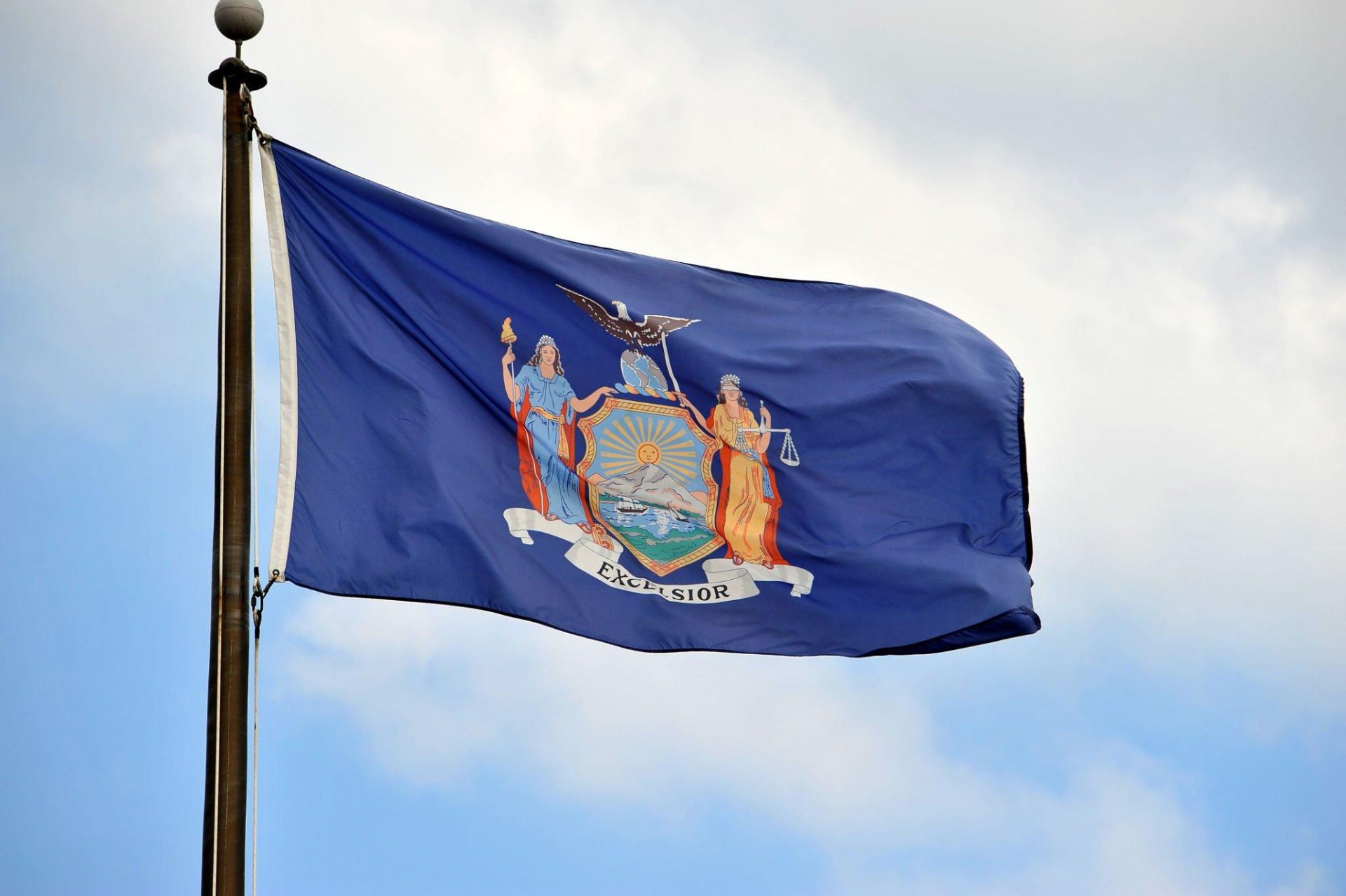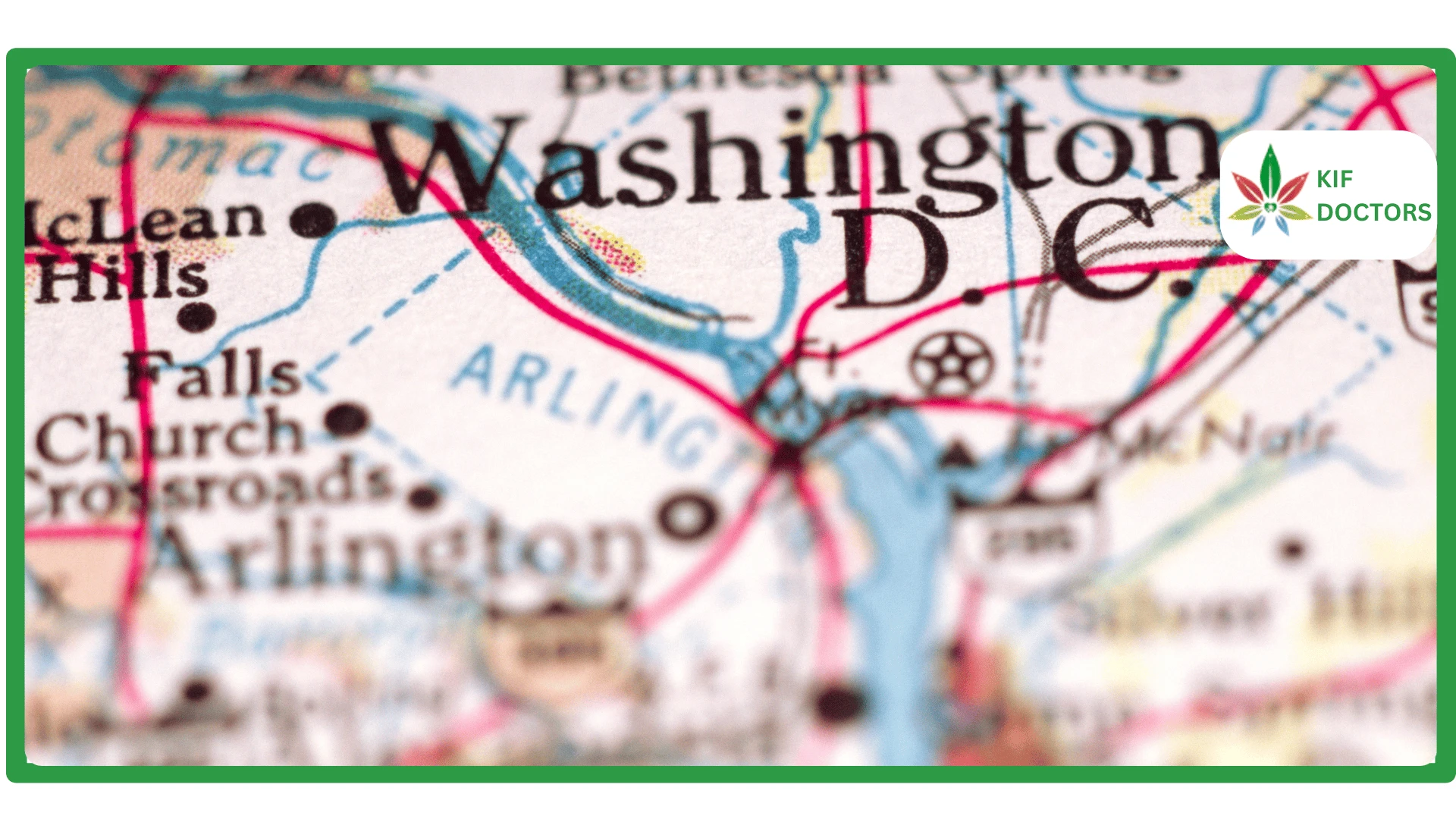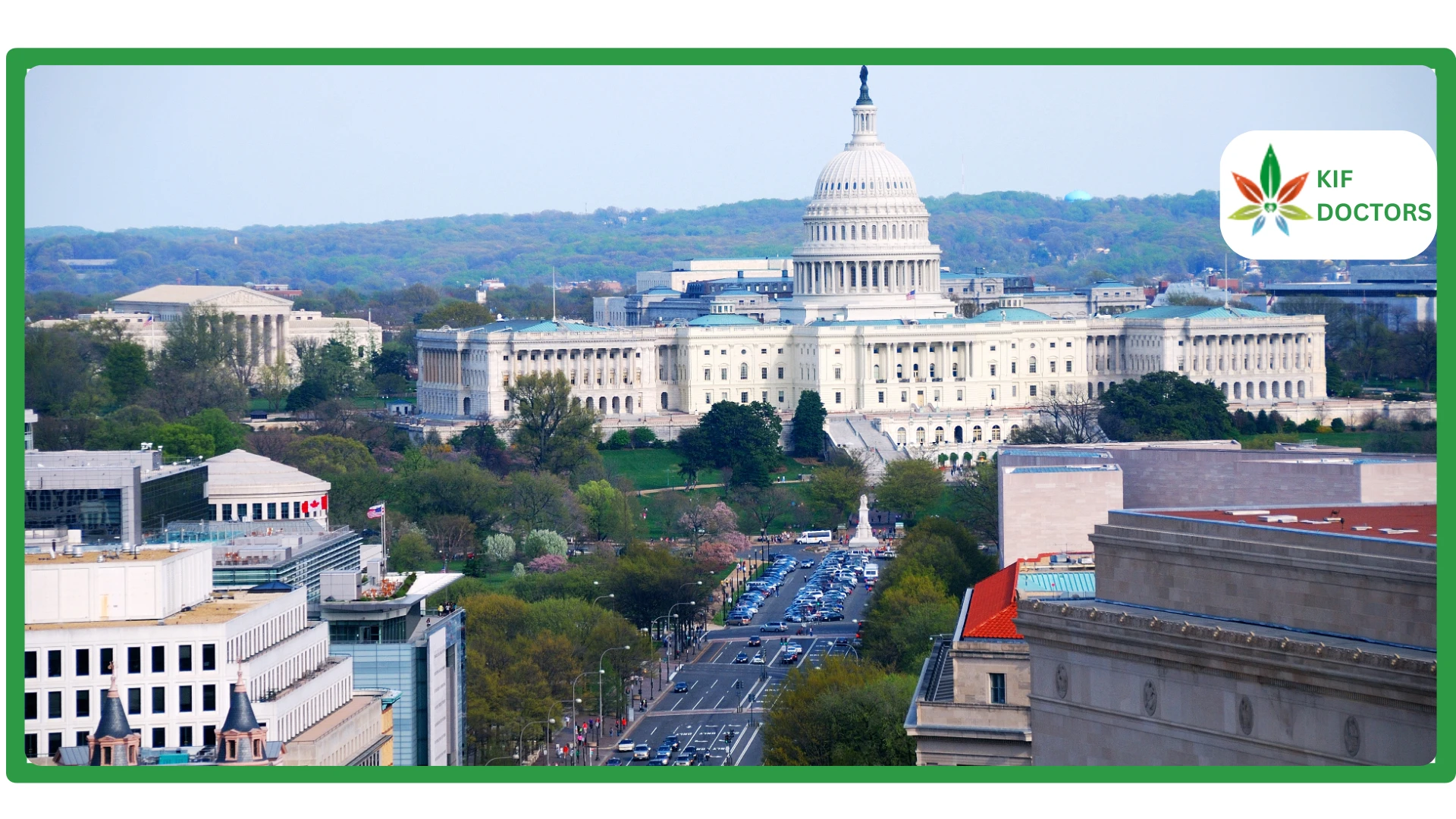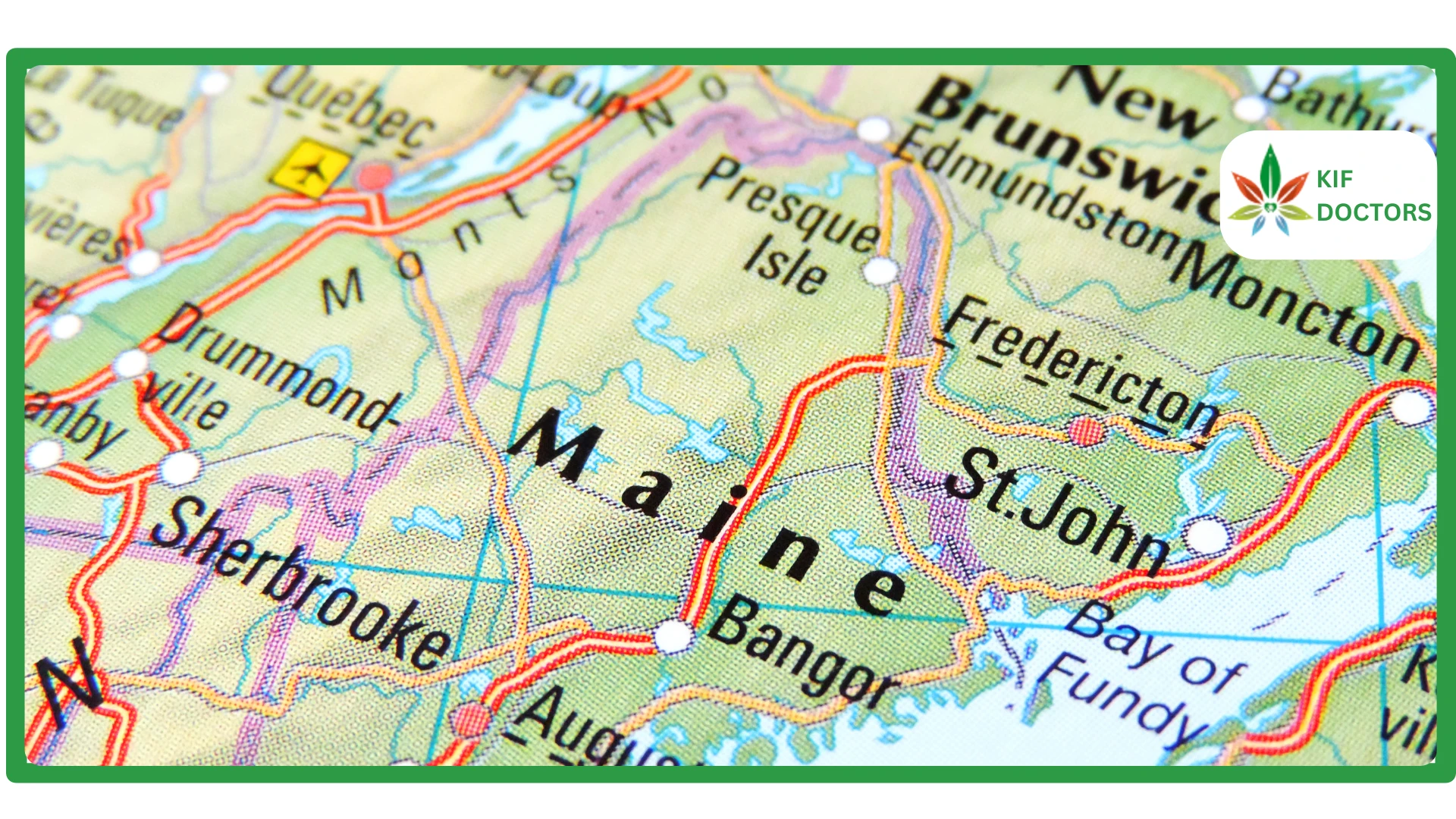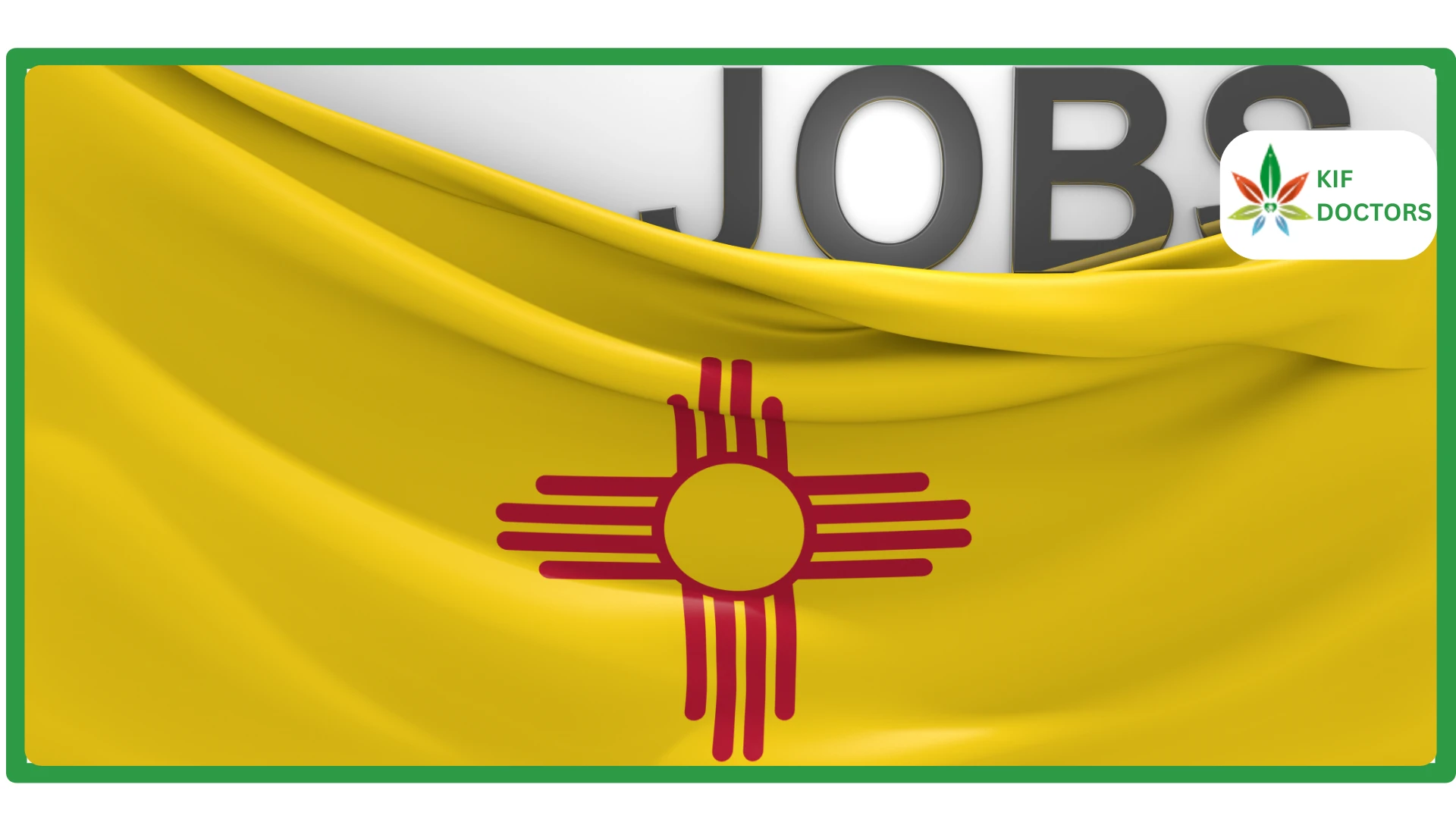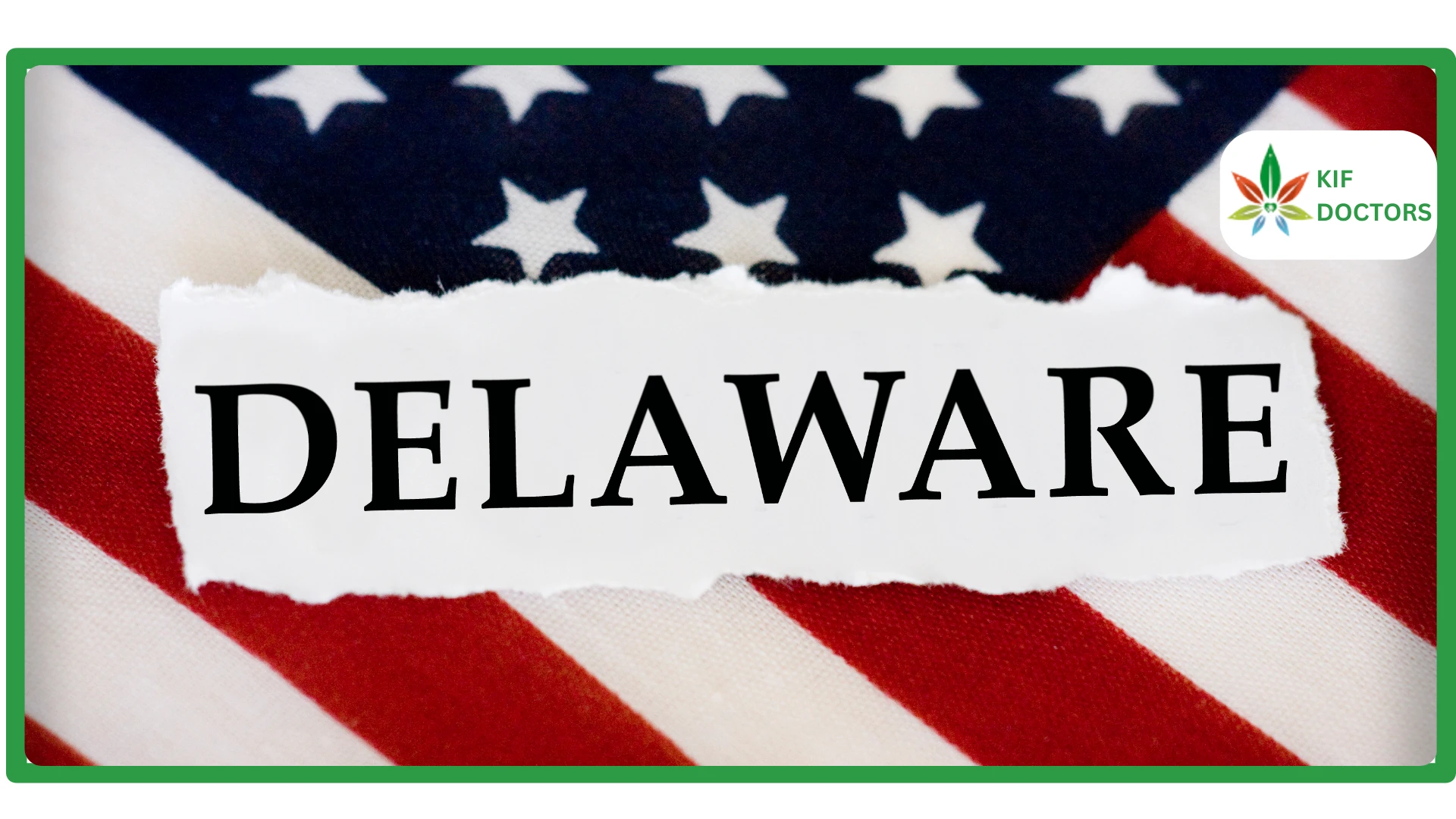In our society, where the pursuit of a healthier lifestyle is gaining momentum, the inclusion of medical marijuana in insurance coverage would undoubtedly be a convenient and significant development.
So, is medical marijuana covered by insurance in New York?
New York lawmakers have taken a step forward in addressing this question by approving a bill known as A 242. This bill mandates statewide public health insurance providers to include medical marijuana as a covered prescription drug.
Furthermore, it grants private insurers the option to offer coverage for medical marijuana as well. This legislative effort aims to ensure that patients who can benefit from medical cannabis have access to it without financial burdens.
The recent progress made in the Assembly Health Committee is promising. Majority Leader Crystal Peoples-Stokes (D) successfully shepherded the legislation through an 18-7 vote on Tuesday. This significant milestone paves the way for the bill to proceed to the Ways & Means Committee, taking it closer to potentially advancing to the floor.
This measure aims to amend state statutes and define medical marijuana as a “prescription drug,” “health care service,” or “covered drug” for health insurance purposes. It would ensure that medical cannabis is covered by public insurance entities, regardless of any federal financial participation in their services.
Under the proposed legislation, programs such as Child Health Plus, State Medicaid, EPIC, and workers' compensation would be required to treat medical marijuana from certified dispensaries on par with other traditional drugs, ensuring coverage for eligible patients.
Private insurers, although not mandated, would have the option to provide medical cannabis coverage under the new bill. The flexibility for private insurers to voluntarily include coverage for medical marijuana recognizes the evolving needs and preferences of patients.
According to the bill's text, the state Department of Health's commissioner could also legally "certify a dispensing site...as a medical assistance provider, solely for the purpose of dispensing medical marihuana." This provision reinforces the commitment to expanding patient access to medical marijuana through various channels.
The justification memo attached to the new bill emphasizes the importance of medical marijuana for patients. It states:
"For thousands of patients, medical marijuana is a safer and more effective medication than other drugs, especially opioids. While it can be prohibitively expensive for many patients, especially in the absence of insurance coverage, it may often be less expensive than what their insurance coverage pays for other medications. Cost is the primary barrier to patient access in New York's medical marijuana program."
The memo further notes, "Medicaid, other public health plans, and commercial health insurance plans do not cover medical marijuana, forcing patients to pay out of pocket. Some patients begin treatment only to stop due to inability to pay, while others turn to the black market. Efforts by registered organizations to offer discounts have helped but are inadequate for many low-income patients."
"Access to medical marijuana should not be limited to those who can pay out of pocket. This bill adds medical marijuana to four publicly funded health programs—Medicaid, Child Health Plus, workers' compensation, and EPIC—and the heavily publicly funded Essential Plan. For Medicaid and Child Health Plus, there would presumably not be federal matching funds until the federal government changes its policies, but New York's Medicaid and Child Health Plus programs have always covered people and services for which we do not receive federal match."
A Senate companion bill from Sen. Jeremy Cooney (D) has been referred to the chamber's Health Committee. However, it has not yet been scheduled for action. The Senate approved a previous version of this legislation last year, but it did not advance through the Assembly before the session's end.
The push for medical marijuana coverage extends beyond New York. In a related development, last year, New Mexico witnessed a push by its largest marijuana company to have insurers cover medical marijuana expenses, citing legal requirements.
Subsequently, the company and numerous patients filed a class-action lawsuit against seven health insurance providers in New Mexico, demanding coverage for qualifying patients.
Regarding workers' compensation, there have been various court cases where employees sought relief from their employers to cover medical cannabis costs resulting from on-site injuries.
Two Minnesota cases on the issue reached the US Supreme Court, but the Justice Department requested that the case be rejected last year, suggesting that the executive or legislative branches would be better suited to address the matter.
As New York State progresses in its efforts to open more recreational cannabis retailers, regulators are also working diligently to address unlicensed storefronts that emerged during the initial rollout.
These measures reflect a comprehensive approach to cannabis policy, aiming to ensure both patient access and public safety.
 Since 2021, Kif offers a streamlined platform to get a medical marijuana card online. We have served more than 45K patients across the United States. Sign Up Now to get the right to use medical cannabis for your health condition without any delay.
Since 2021, Kif offers a streamlined platform to get a medical marijuana card online. We have served more than 45K patients across the United States. Sign Up Now to get the right to use medical cannabis for your health condition without any delay.















